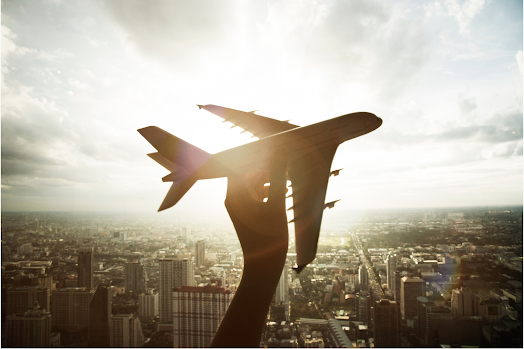Are you interested in becoming a certified pilot? Do you know which pilot certification you’d like to work towards? There are a range of different pilot certifications, each with slightly different requirements and responsibilities involved. In this article, our team at Monmouth Jet Center will outline the different types of pilot certifications, as well as the steps necessary to obtain each one. If you have any questions we’ll be happy to help.
What Are The Different Types of Pilot Licenses?
Student: You must be at least 16 years old to qualify, and have an approved third class medical exam in order to practice flight training. You will have both a written exam as well as a flight test, after you have logged at least 40 hours of flight time, 20 accompanied hours and at least 10 hours of unaccompanied flights, with various distance requirements.
Sport pilot: This is a limited license, you are regulated to specific aircrafts that are classified as light sport aircraft (LSA). You can only fly with one passenger, and are limited on the distance flown from your departure point. You cannot fly at night or into any controlled airports. This license does not require you to meet a recurring medical certification, as long as you have a current driver’s license.
Private pilot certificate: “The driver’s license of the sky”
People who want to fly their own, or rent aircraft often obtain this certification. For some, it is the first step to becoming a commercial pilot. With this license you can fly with more than one passenger, and you’re not limited by distance or controlled air space. It is a common certification for people who want to fly their families and friends to fun weekend destinations. Note, that you are not allowed to fly for hire, without completing your commercial pilot certification.
Commercial pilot certificate: If you’ve dreamed of having a career as a commercial pilot, this is the certification you’ll need. Once this certification is obtained, you can officially be hired and paid to fly passengers. You’ll need to have at least a second class medical license, be at least 18 years old, and log 1500 flight hours. Most commercial pilots also get an IFR (Instrument Flight Rule) rating, which allows them to fly when it’s necessary to rely on aircraft instruments because you don’t have a clear sight path like you do in VFR, which stands for Visual Flight Rules.
Airline transport pilot license (ATP): Airlines require you to hold this certification to fly with them. You must also hold a first class medical to qualify. On average, it takes about two years to obtain this license because you’ll need to log at least 250 hours of pilot in command flight hours.
What Are The Steps to Acquire a Basic Pilot Certificate?
When we say “basic” pilot license we are referring to a private pilot certificate, which is the most commonly issued pilot certification by the FAA. In order to acquire a basic pilot certificate, you must:
- Be able to fluently speak, read, and write the English language
- Pass a third class medical exam
- Pass a written test
- Log a minimum of 40 hours of varied flight time
- Pass the FAA check-ride
What Are The Steps To Acquire The Next Level of Pilot’s Certificate?
Once you’ve obtained your private pilot certificate and you’re ready for the next step, you can begin working towards acquiring your commercial pilot certificate. For this certification, you must:
- Be at least 18 years old
- Learn several advanced flying maneuvers
- Pass several exams
- Log 1500 flight hours
- Obtain a second class medical certificate
If you’d like more information about the various types of pilot certifications, or if you’re interested in signing up for our flight school, please contact our team at Monmouth Jet Center today. We’ll be happy to answer your questions and we look forward to hearing from you.
This blog was originally published at https://monmouthjetcenter.com/understanding-types-of-pilot-certifications/

